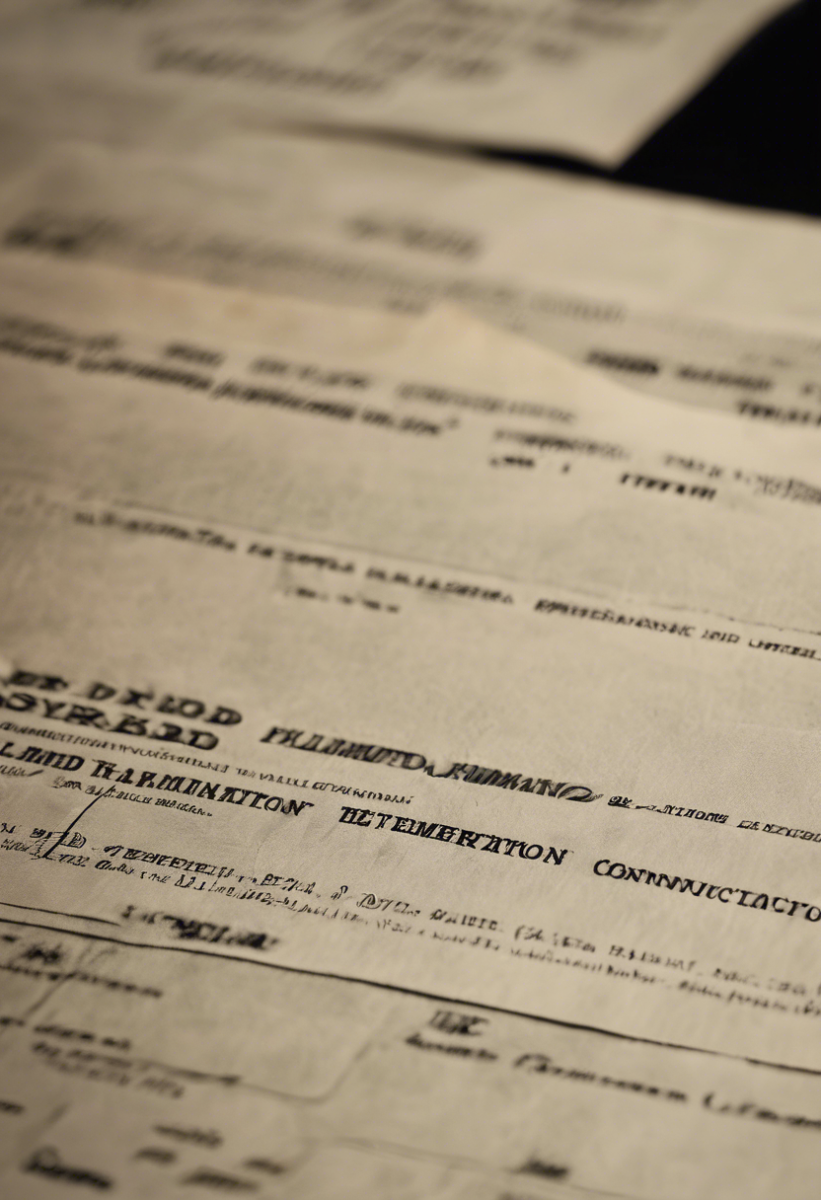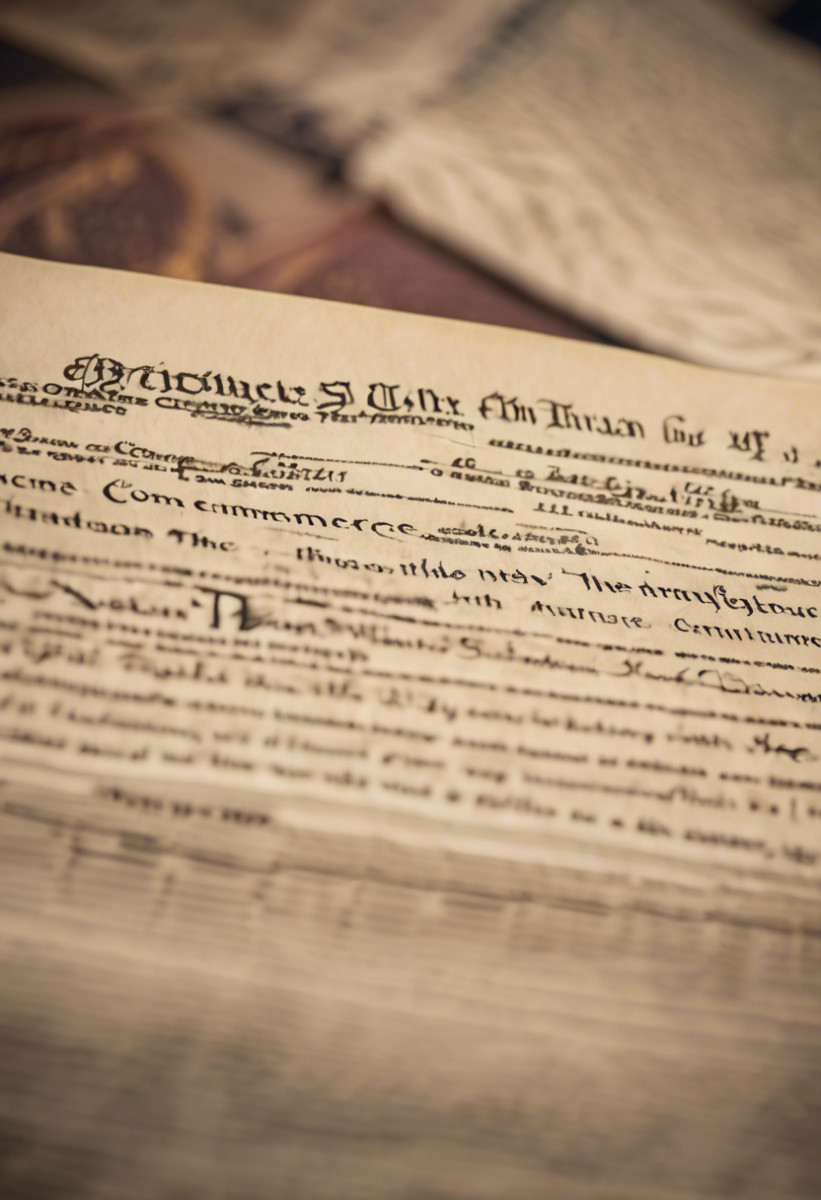Table of Contents
ToggleSources
- https://www.dmv.org/
DMV.org is a comprehensive resource for all DMV-related information, including vehicle registration requirements, fees, and procedures for each state. It provides authoritative and up-to-date details that align with the blog post's content. - https://www.usa.gov/vehicle-registration
USA.gov is the official U.S. government website, offering reliable information on vehicle registration processes, state-specific requirements, and links to state DMV websites. It supports the blog's claims about state differences and registration steps. - https://www.nolo.com/legal-encyclopedia/car-registration-basics-32213.html
Nolo is a trusted legal resource that explains car registration basics, including required documents, fees, and state-specific rules. It reinforces the blog's discussion on legal consequences and preparation tips. - https://www.aarp.org/auto/driver-safety/car-registration-by-state/
AARP provides a state-by-state guide to car registration, including fees, documents, and online registration options. It’s relevant for the blog’s emphasis on state variations and convenience of online registration. - https://www.consumer.ftc.gov/articles/0138-auto-warranties-routine-maintenance
The FTC’s consumer guide includes information on vehicle-related legal requirements, such as registration and taxes. While broader, it supports the blog’s points about legal obligations and documentation.
Key Points
- Register your car ASAP after purchase to avoid legal issues.
- Vehicle registration requirements vary by state; check your state's DMV website for specifics.
- Required documents typically include driver's license, vehicle title, auto insurance, and proof of tax payment.
- Online registration is convenient but may take longer due to verification processes.
- In-person registration is faster and often provides same-day license plates.
- Be prepared to pay various fees, which can include road improvement and renewal fees.
- Ensure car taxes are up to date before registering your vehicle.
- Moving to another state requires re-registration, typically after 150 days of residence.
- Transferring registration is necessary when buying, selling, or leasing a car.
- Some states allow temporary tags or license plate transfers during the registration process.
Summary
Registering a car is essential to avoid legal issues, but requirements vary by state, including fees, documents, and procedures. Key documents typically include a driver’s license, vehicle title, insurance, and proof of tax payment, with options to register online or in person for faster processing. Moving to a new state or transferring registration also involves specific steps, so checking your local DMV’s guidelines is crucial for a smooth process.
Before You Hit the Road
If you’ve just bought a car, you’ll need to register it ASAP. If you don’t, you could run into problems if pulled over and might face certain legal consequences.
If you’re unsure about how to register a car in your state, the best thing to do is to prepare in advance. We’ll go over all the documents you’ll need, where you’ll need to go, and other potential obstacles on the road you’ll want to avoid to make this process as smooth as possible.
State vs. State Differences
Before we begin, one important thing to note is that each state in the United States has its own policies regarding vehicle registration. Fees, required documents, and time frames may differ from state to state.

To keep up to date with what your state requires for registration, check out the state Department of Motor Vehicle (DMV) website.
In addition, bear in mind that some states may require you to visit more than one department to finalize your registration.
South Carolina, for instance, requires you to pay your vehicle taxes in full with your local auditor before finalizing your registration at the DMV.
Things You’ll Need
Before heading to the DMV (or registering online), there are some documents you’ll need. These may include your driver’s license, ID card, vehicle title, auto insurance, Vehicle Identification Number, or bill of sale. You’ll also need to provide a receipt for when you paid your vehicle’s taxes.

If your car is currently registered in another state, but you are moving, you’ll need to provide proof of registration for your former state. Getting all the required documents may seem like a hassle, and to many, it is.
Registering online takes more time but is far more convenient. You can even apply for temporary registration if you are not given a tag right away.
Registering Online
To register online, you’ll likely need to provide high-quality scans or photocopies of your documents. Alternatively, you may need to input your Vehicle Identification Number, car insurance policy number, or driver’s license number.
Registering online may result in a slight delay as the information is sent to be verified by a real person. Sometimes, states will allow you to pick up a temporary tag at your dealer or local DMV until your new registration officially comes in.
Note that your car taxes must be current or paid before you go to register your car. Most states will only allow you to register with proof of taxation.
Registering in Person
Registering in person is much faster, and most states can give you a license plate on the same day. Just remember to prepare your documents beforehand so that you can avoid any unexpected issues.

To register in person, find your local Department of Motor Vehicles and complete the required paperwork.
If you’re registering a car from another state, you may have to first obtain your license in your current state. Talk to a DMV worker to see what needs to be done before you can officially register your vehicle and get on the road.
Payment
Most, if not all, states will require you to pay a fee in order to register and will accept different forms of payment, such as a credit card. Some states require you to pay multiple fees.

Get Smarter on US News, History, and the Constitution
Join the thousands of fellow patriots who rely on our 5-minute newsletter to stay informed on the key events and trends that shaped our nation's past and continue to shape its present.
An example of this fee could be a road or infrastructure improvement fee. This fee can be from $100-$300 and goes directly to improving the conditions of roads and highways in your state.

Other fees may include a highway patrol fee, renewal fee, or fees specific to your city or county. You can get an estimate of how much you’ll owe by using your DMV’s fee calculator or looking up their fee chart.
Car Taxes
Your car taxes must be up to date before you can drive. Before you visit the DMV, be sure to visit your county auditor or tax department. You’ll need your sticker or receipt indicating proof of payment.
Depending on where you live, taxes can range from a small amount to quite a bit. Be prepared to add another couple hundred dollars to your budget for vehicle registration due to this extra step.
Moving to Another State
If you already have your car registered in one state but are planning to move to another, the car registration process will look different for you.

If you are visiting another state for an extended period of time, you won’t need to register your car, however. Most states require you to register only after 150 days. After that, you’ll incur about a penalty.
To register your car in a different state, you’ll need to have your tag number and proof of registration. You’ll need your vehicle title and be in good standing with your home state. Lastly, you’ll need to pay the fees for your new state.
Transferring Registration
You’ll need to transfer the registration if you buy or sell a car. This is also the case with cars that are leased. You’ll need to provide a bill of sale or leasing agreement to get started.
Some states will allow you to transfer the license plate from your old vehicle to your new vehicle on the day of purchase. In the event you get pulled over, your tag number won’t match your vehicle model.
However, presenting your bill of sale and proof that you’ve applied for registration (or intend to within the next 24 hours) will prevent you from getting a ticket.
How To Register a Car in Your State Quiz
Frequently Asked Questions
What are the consequences of not registering a newly purchased car?
Where can I find the specific vehicle registration requirements for my state?
What documents are typically needed to register a car?
What are the advantages of registering a car online versus in person?
What should I do if I\'m moving to another state and need to register my car there?
How useful was this post?
Click on a star to rate it!
Average rating / 5. Vote count:
No votes so far! Be the first to rate this post.
We are sorry that this post was not useful for you!
Let us improve this post!
Tell us how we can improve this post?







